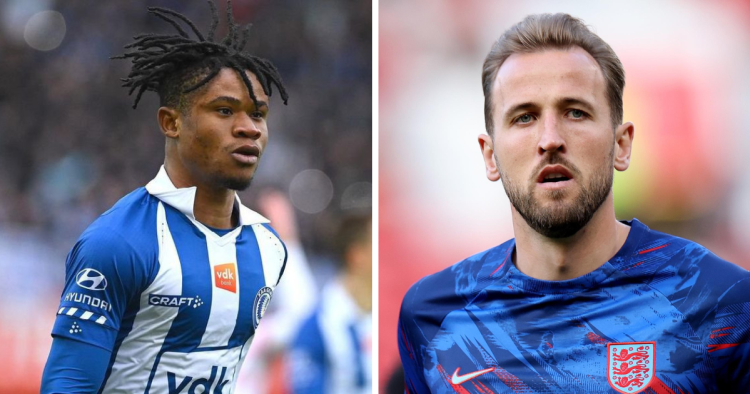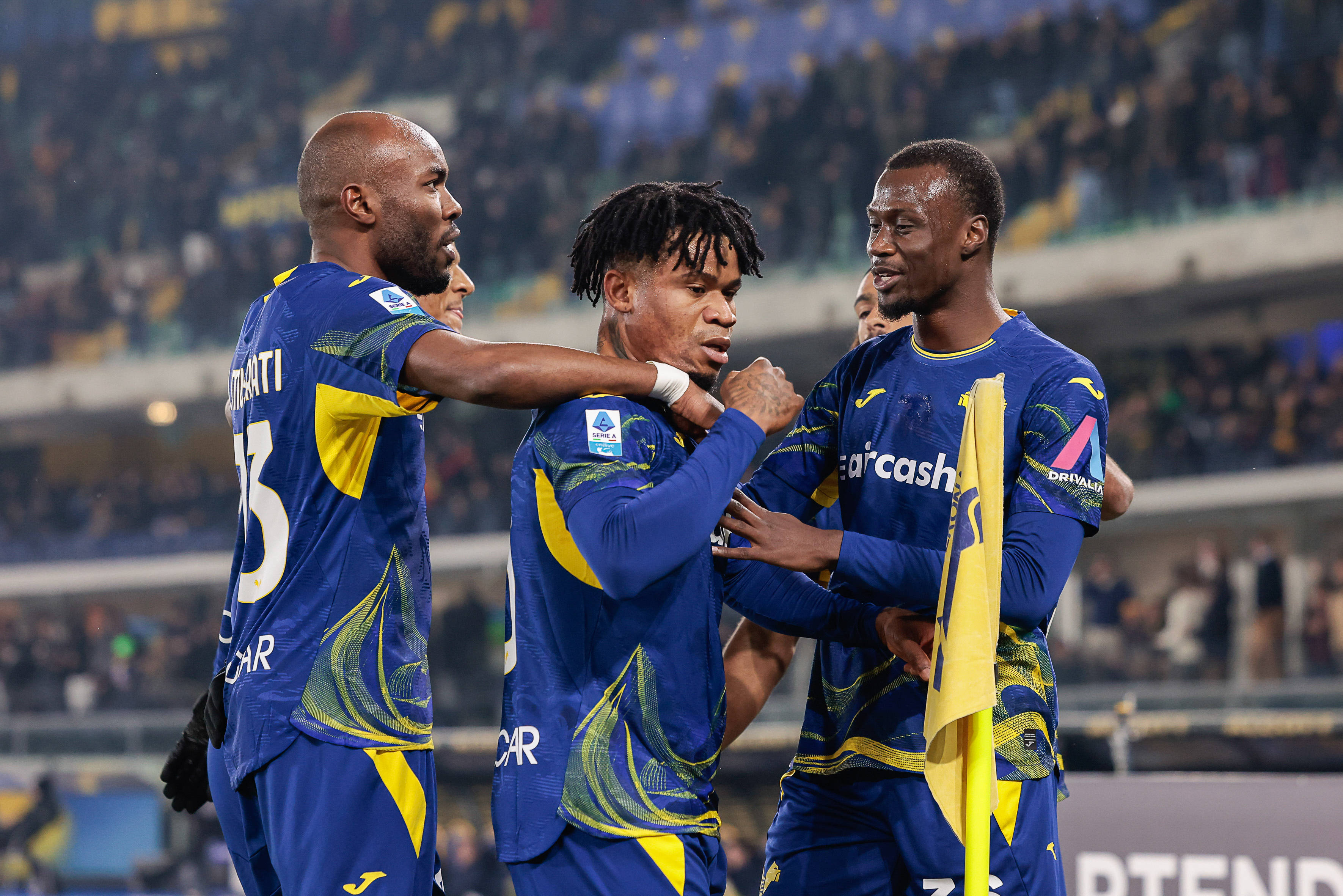Amidst intense summer transfer speculation, Gift Orban, the talented Nigerian attacker from AA Gent, was on the verge of a potentially transformative move to Tottenham Hotspur.
However, the much-anticipated transfer deal which would see him replace Harry Kane, who left Tottenham for Bayern Munich, did not come to fruition.
Meanwhile, reports suggest that the Belgian club, placed a hefty price tag on Orban, demanding a staggering fee exceeding thirty million euros for the promising young talent.
This exorbitant price tag significantly exceeded Tottenham's player valuation, making the transfer financially untenable for the Premier League club.
Like many other football clubs worldwide, Tottenham was navigating the complex financial landscape shaped by the COVID-19 pandemic.
The uncertainties surrounding matchday revenues, sponsorship deals, and broadcasting income profoundly impacted clubs' fiscal strategies.
Consequently, Gent's insistence on a substantial transfer fee for Orban did not align with Tottenham's budgetary constraints.
Moreover, the competitive nature of the summer transfer market introduced further challenges. Tottenham faced fierce competition from both Premier League rivals and European clubs keen on securing Orban's services.
The heightened competition often results in bidding wars and inflated price tags, making it challenging for clubs to finalize transfers, particularly when they have varying financial priorities and player valuations.
The intriguing subplot in Orban's transfer saga was his potential move to Lille LOSC, a club that expressed genuine interest in the Nigerian attacker.
However, a pivotal condition for Orban's transfer to Lille was the departure of, a key player for the French club, Jonathan David.
Ultimately, David remained at Lille during the summer window, dashing Orban's hopes of joining the Ligue 1 side.
Tottenham's scouts were reportedly convinced that Orban represented an exceptional investment for the club's future. However, AA Gent's unyielding stance on the asking price proved insurmountable for Spurs.
It is to be noted the highly anticipated transfer to Hotspur encountered formidable obstacles, primarily the exorbitant transfer fee demanded by Gent.
Financial considerations, intense competition in the transfer market, and the complexities of negotiations all contributed to the deal's failure.






